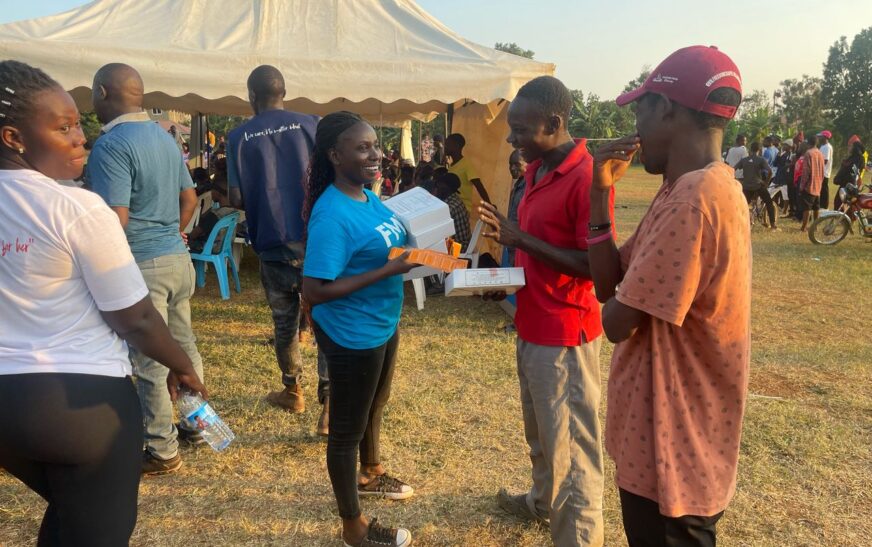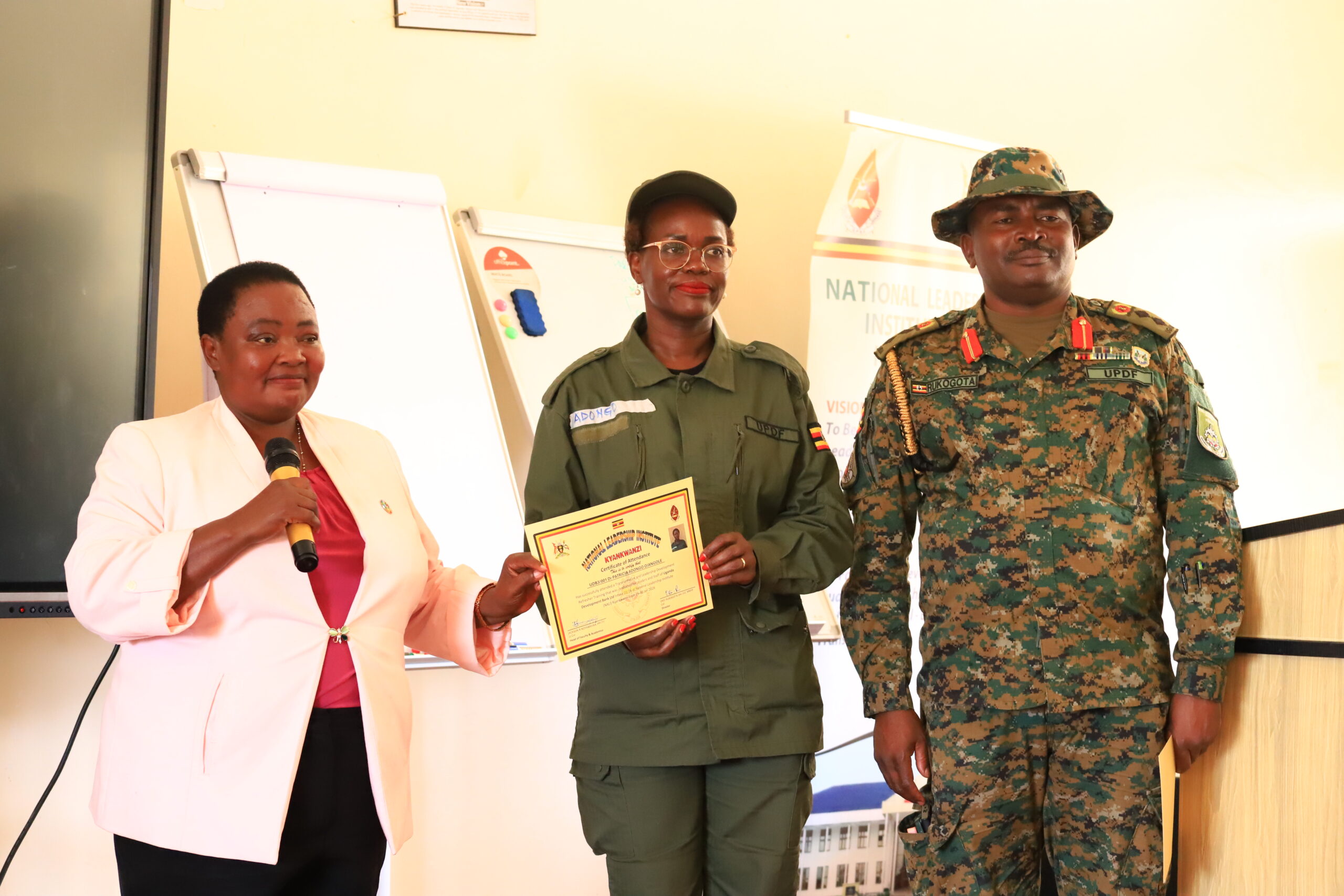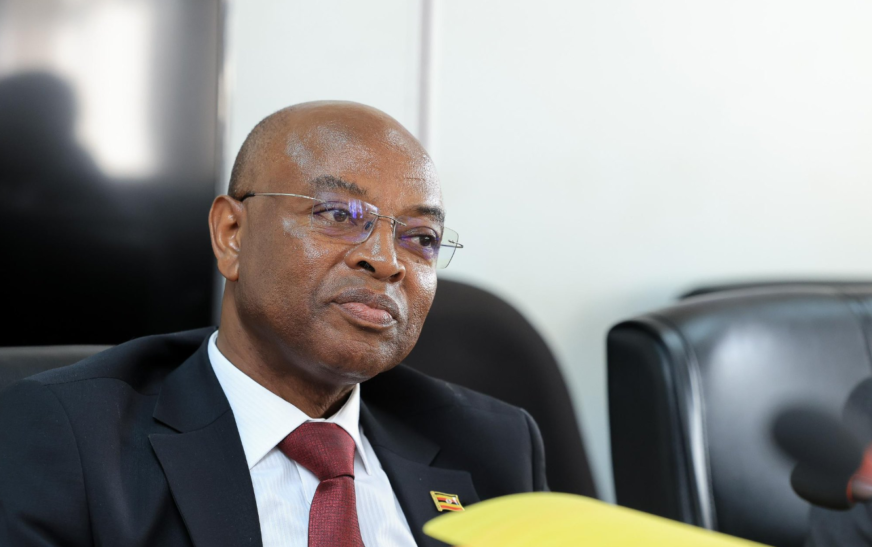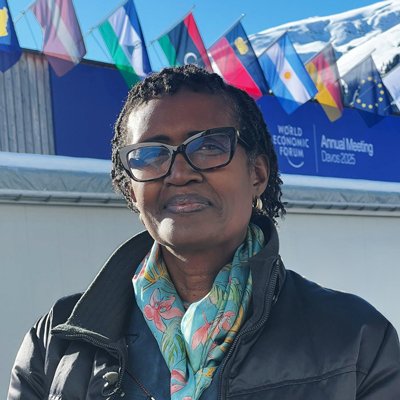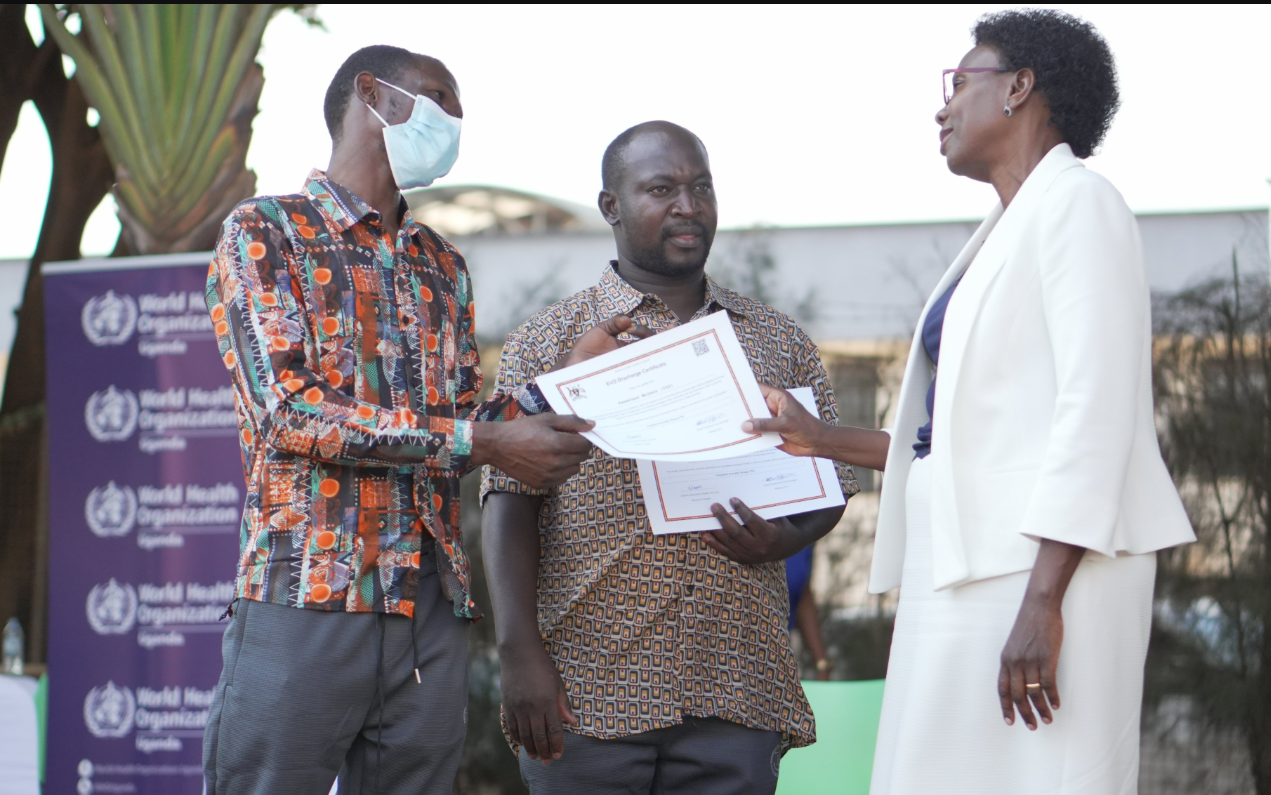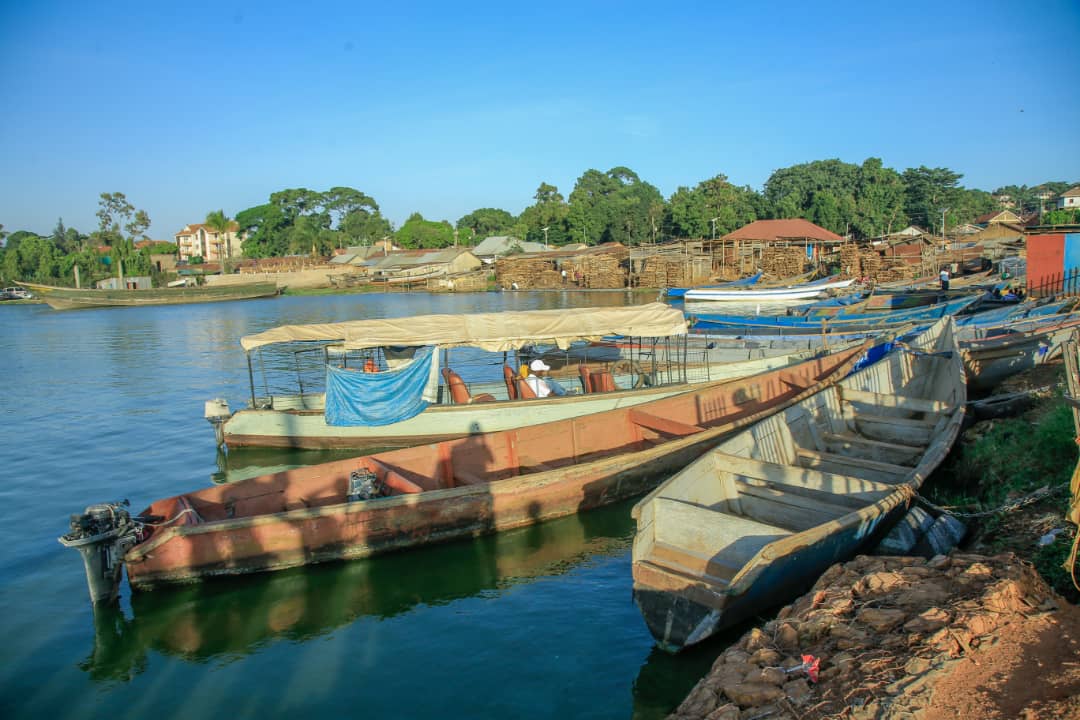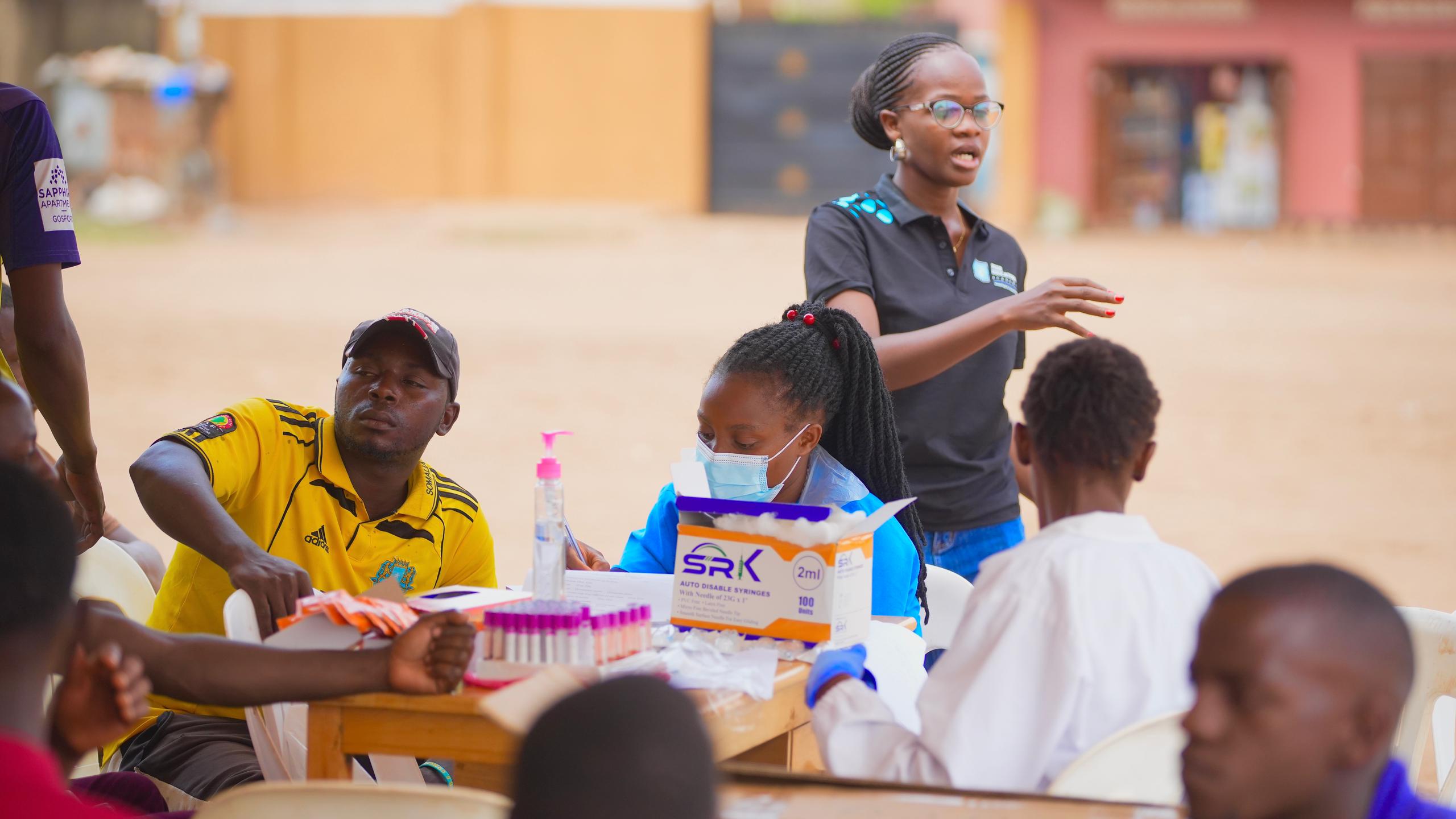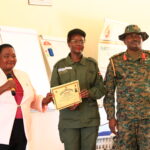Civil society organizations have called for the extension of Sexual and Reproductive Health and Rights (SRHR) services to marginalized communities in the country.
This call to action was made during the Entebbe Ghetto Youth Festival, a transformative event that became a beacon of hope, solidarity, and empowerment for young people often overlooked by society.
Hosted at Entebbe Comprehensive Senior Secondary School in Nakiwogo Fishing Landing Site, the festival brought together over 700 young individuals, political leaders, community advocates, and health professionals. More than just a celebration of youth talent, the event underscored the urgent need to address the many challenges young people face, particularly in the areas of health and empowerment.
Organized by the Entebbe Ghetto Youth Association in partnership with Family Medical Point and Voices for Health and Development, the festival provided a platform to amplify the voices of marginalized youth, advocate for critical healthcare services, and challenge harmful stereotypes.
Young people living in the slums of Entebbe are not just survivors; they are vibrant, capable individuals with immense potential. However, they often find themselves trapped in cycles of poverty, ill health, and social stigma.
According to the Uganda AIDS Commission, the country recorded 38,000 new HIV infections in 2024, with 22,000 occurring among women particularly adolescents and young women aged 15–24. Beyond HIV, unsafe abortions and limited access to sexual and reproductive health (SRH) services remain major challenges in these communities.
With the US aid budget cuts, Polyne Nabwire, Head of Programs at Family Medical Point, emphasized the need for young people to be actively involved in health budget planning and decision-making, especially regarding SRHR.
“Our communities face urgent health challenges, including teenage pregnancies, unsafe abortions, and high HIV infection rates. We must invest in comprehensive services that uphold young people’s rights to health, dignity, and opportunity. They need access to quality healthcare, education, and resources to make informed choices about their bodies and futures,” Nabwire said.
She also highlighted the social stigma young people in these communities face, with stereotypes often portraying them as dangerous or hopeless.
Babula Emmanuel, co-founder of the Entebbe Ghetto Youth Association, challenged these perceptions, stating that youth from the ghetto are skilled, hardworking individuals.
“We have talents and skills, yet we struggle to find opportunities because people assume that those from the ghetto are thieves or engage in vices. We need decent jobs and support from the government and other agencies. The Entebbe Ghetto Youth Festival is a reminder that these young individuals deserve more than just recognition, they deserve action, support, and opportunities to thrive,” Babula said.
Juliet Apio, Team Lead at Voices for Health and Development, stressed the importance of including young people in shaping health and development policies.
“Amplifying young people’s voices is crucial in addressing not just gender-based violence but also critical SRHR issues. They must be involved in decisions that impact their health, from policy-making to program implementation. Their active participation ensures that health services are relevant, accessible, and tailored to their needs. Addressing SRHR challenges empowers young people to take control of their futures and make informed decisions about their bodies, relationships, and overall well-being,” Apio stated.

